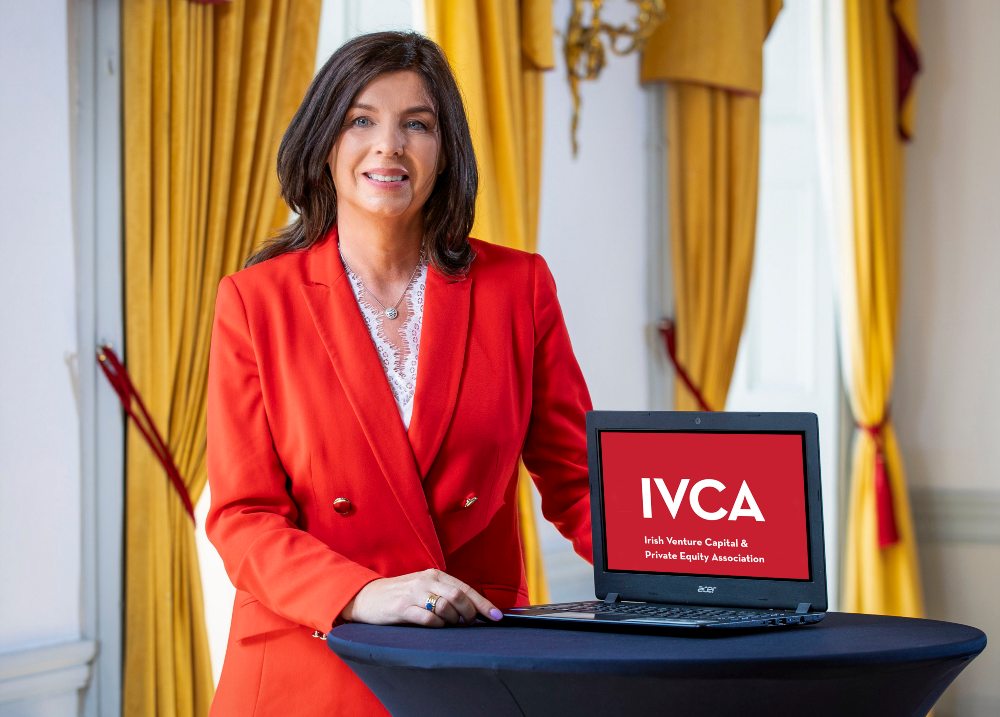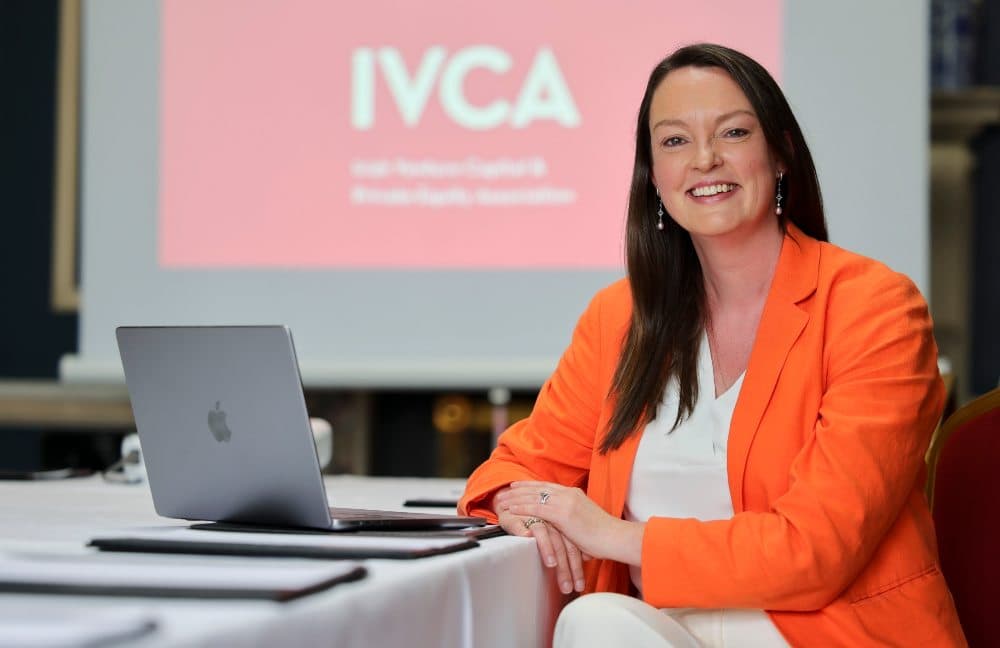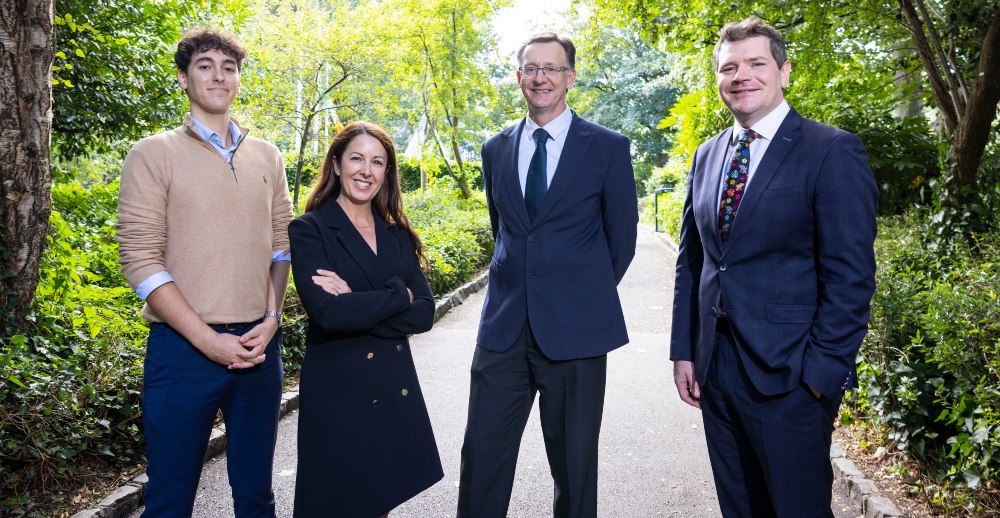Irish Venture Capital Association calls for measures to boost a vibrant, innovative, domestic SME sector.
Ireland’s success in attracting foreign direct investment (FDI) while impressive could also prove to be the country’s Achilles heel at a time of an evolving international tax landscape.
That’s the warning that came from the Irish Venture Capital Association in its pre-Budget 2025 submission.
“Irish investors have been besotted by investment in property assets to the detriment to the more productive sectors of our economy”
The FDI success, it says, masks the reality that Ireland has one of the weakest innovation records compared to other small, advanced economies.
Create a dynamic and innovative SME sector
“We need an increased focus on developing a dynamic SME sector,” urged Sarah-Jane Larkin, director-general, Irish Venture Capital Association.
“But indigenous, innovative enterprises and entrepreneurs with global ambition face considerable challenges in accessing risk finance to scale their businesses,” she said.
The IVCA outlines how other European countries, including Denmark, France and the UK, have already generated scaling finance for start-ups and SMEs through access to pension and sovereign wealth funds.
The report recommends a mandatory ‘opt in’ to invest in Irish companies or funds by participants in the new auto enrolment pension scheme. Since the introduction of a similar scheme in France in 2008, the amount of capital allocated to French funds grew to €6bn from €200m between 2002 and 2016, according to the submission.
The UK aims to unlock over £50bn (€60bn) of new capital by the end of the decade, following the agreement that nine defined contribution (DC) pension providers will allocate a minimum of 5% of funds to unlisted equities by 2030. In Denmark, its sovereign wealth fund has established a ‘fund of funds’ vehicle for pension providers to invest in venture capital and private equity.
Unleashing innovation
Sarah-Jane Larkin said that similar schemes could “unleash a wave of investment, allowing innovation to drive our indigenous economy and our most promising companies to scale from Ireland.”
She said that the association was optimistic that these concrete examples will be considered by the implementation committee recently established by Peter Burke TD, Minister for Enterprise, Trade & Employment, to develop recommendations to assist high potential start-ups access scaling finance.
The IVCA has also called for changes in the EIIS (Employment Investment Incentive Scheme) which is a tax relief vehicle which offers individual investors tax relief of up to 40% as an incentive to encourage investment in small and medium sized companies in Ireland.
The association says that updates to the scheme made in the Finance Act 2023 have created uncertainty for investors and diminished the capital available and the appeal of the EIIS for start-ups.
“Our members who operate designated investment funds are reporting a 30% – 50% decrease in the Euro value of investor applications to EIIS funds since these changes were made,” commented Sarah-Jane Larkin.
“We need to monitor and analyse the impact of recent changes and ensure more certainty on the qualifying tax relief. Irish investors have been besotted by investment in property assets to the detriment to the more productive sectors of our economy.”
Main image at top: Sarah-Jane Larkin, director-general, IVCA
-
Bank of Ireland is welcoming new customers every day – funding investments, working capital and expansions across multiple sectors. To learn more, click here
-
Listen to the ThinkBusiness Podcast for business insights and inspiration. All episodes are here. You can also listen to the Podcast on:
-
Apple
-
Spotify
-
SoundCloud





